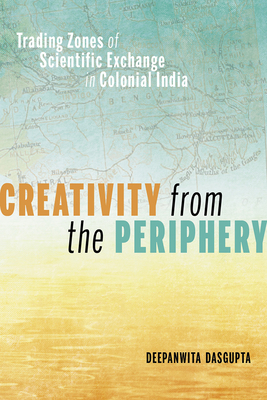Expedite your nonfiction book discovery process with Readara interviews, summaries and recommendations, Broaden your knowledge and gain insights from leading experts and scholars
In-depth, hour-long interviews with notable nonfiction authors, Gain new perspectives and ideas from the writer’s expertise and research, Valuable resource for readers and researchers
Optimize your book discovery process, Four-to eight-page summaries prepared by subject matter experts, Quickly review the book’s central messages and range of content
Books are handpicked covering a wide range of important categories and topics, Selected authors are subject experts, field professionals, or distinguished academics
Our editorial team includes books offering insights, unique views and researched-narratives in categories, Trade shows and book fairs, Book signings and in person author talks,Webinars and online events
Connect with editors and designers,Discover PR & marketing services providers, Source printers and related service providers

Creativity from the Periphery: Trading Zones of Scientific Exchange in Colonial India
Science > History
- University of Pittsburgh Press
- Hardcover
- 9780822946564
- -
- -
- Science > History
- (Single Author) Asian American
- English
Readara.com
Book Description
Author Bio
Deepanwita Dasgupta is Associate Professor of Philosophy at The University of Texas at El Paso and obtained her Ph.D. from University of Minnesota, 2010, with a focus on philosophy of science, especially the dynamics of mental modeling implicit in scientific reasoning.
Professor Dasgupta holds another Ph.D. in philosophy of language from Jadavpur University, India. Dasgupta joined the Philosophy Department at UTEP in Fall 2015.
Her research interests are in the philosophy of science and history of science, with a particular focus on the non-Western contexts of scientific practice, especially the Indian sub-continent at the turn of the 20th century.
Her 2021 book Creativity from the Periphery, published by the University of Pittsburgh Press, presents the story of a nascent physics community in India during 1920-40 by using a cognitive-philosophical framework. To explain those contexts, Dasgupta proposes the idea of peripheral creativity, i.e., cases in which a hard constraint turns out to be a great resource for creativity, giving rise to new lines of thought.
This reasoning allows her to look outside the contexts of the privileged scientific communities in Europe and North America, and look into various modest and frugal practices, and see them also as examples of scientific reasoning. With this idea, she is now working on a second book manuscript, which formulates a vision for the 21st-century science both as a cognitively diverse as well as a wisdom-producing practice. A part of this project is to launch a website titled Science in the 21st Century, which will feature short articles, columns, future reflections as well as potential ideas for research drawn from both the sciences and the humanities.
Dasgupta visited the Center for the Study of the Sciences and the Humanities at the University of Bergen, Norway in summer 2019, also presented her work at the Inter-University Center, Dubrovnik, and Cardiff University, UK. At UTEP, she regularly teaches courses on philosophy of science, science and ethics, and seeks to promote a conversational interface between the humanities and the sciences.
Source: The University of Texas at El Paso
Videos


Community reviews
No Community reviews

